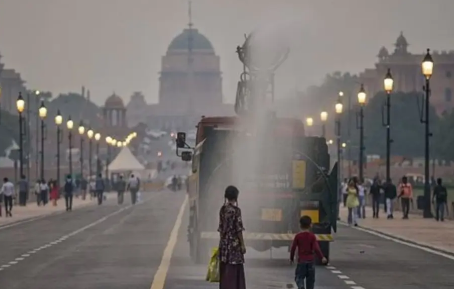
The air quality in Delhi and the National Capital Region (NCR) has deteriorated to alarming levels, prompting authorities to implement emergency measures. The 24-hour average Air Quality Index (AQI) in the region has soared past 400, placing it in the “Severe” category under the Graded Response Action Plan (GRAP).
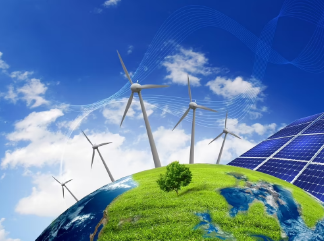
The world is on the brink of a major energy transformation as renewable electricity production is set to surpass all other major sources, signaling the end of the fossil‑fuel era. Reports indicate that more renewable capacity is expected to be deployed in the next five years than in the previous four decades.
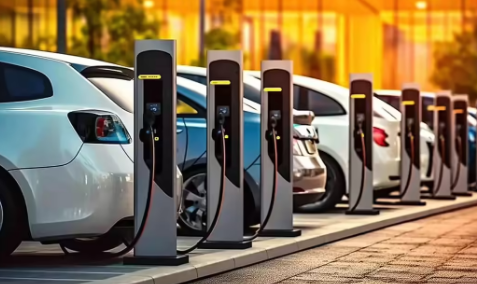
Global electric vehicle (EV) sales, including battery-electric and plug-in hybrid models, rose by 23% in October, reaching approximately 1.9 million units. This increase reflects the growing global momentum toward cleaner, sustainable transportation.

In the state of Lucknow alone, roughly 200 kg of electronic waste is generated each day from busy commercial hubs. Much of this gadget-henge — discarded phones, computers, wiring and other electrical gear — now lacks a proper disposal path, thanks to the closure of the lone treatment plant near Mohanlalganj. What’s worse: this e-waste is being mixed with ordinary household garbage, heightening risks of pollution and health hazards.
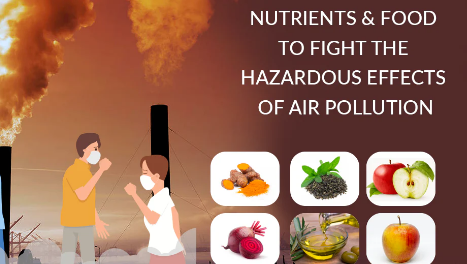
Breathing the smog‑tainted air of a bustling city weakens your body’s defenses—but you don’t have to rely on a mask alone. A nutrient‑rich diet can become your inner shield, helping your immune system to withstand the invisible assaults of polluted air.
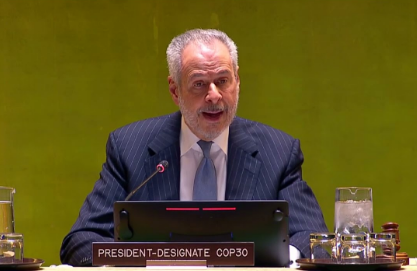
At the opening of COP30 in Belém, the president of the talks, André Corrêa do Lago, issued a stark warning: richer nations appear to have lost their enthusiasm for addressing the climate crisis. While parts of the global south — and notably China — are increasingly showing leadership in the clean‑energy transition, many industrialized countries are falling behind.
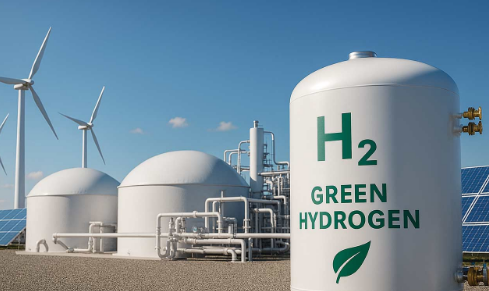
Production of low-emissions hydrogen grew by approximately 10 % in 2023 and is projected to reach around one million metric tonnes (Mt) by the end of 2025. While still a small fraction of global hydrogen production (less than 1 %), this milestone represents a crucial step forward for a technology that can significantly aid in decarbonising hard-to-abate sectors such as heavy industry and transport.
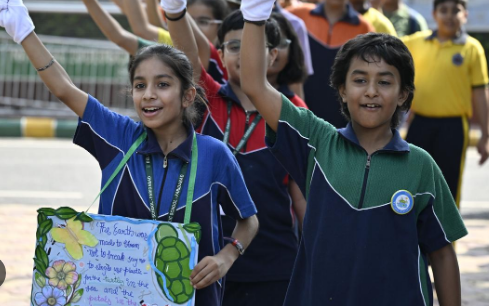
Over 1,500 students from 15 schools across Delhi-NCR are leading an innovative initiative to tackle the growing menace of electronic waste. Under the campaign titled Project YES, launched by the WellSpur Foundation in collaboration with NGO Chintan, students are collecting discarded electronic items such as old keyboards, wires, and batteries to ensure they are responsibly recycled rather than dumped in landfills. Collection points have also been set up during parent-teacher meetings, encouraging families to contribute unused gadgets for safe disposal.
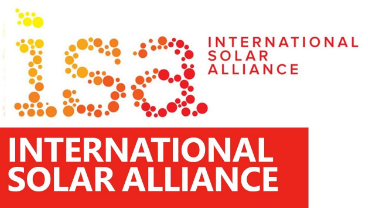
The eighth session of the International Solar Alliance (ISA) began today at the Bharat Mandapam in New Delhi, bringing together representatives from 124 countries, and over 40 ministers from across the globe. The four-day gathering aims to strengthen international cooperation and accelerate the global transition to solar energy.
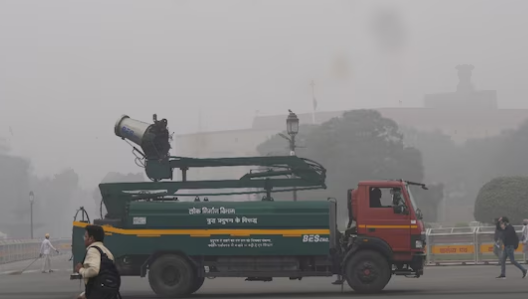
Despite forecasts of light rainfall, Delhi continues to struggle with toxic air as pollution levels remain alarmingly high. On Monday, the national capital recorded a minimum temperature of 17.3°C — slightly above the seasonal average — with humidity levels touching 94% by morning. The skies stayed partly cloudy with a possibility of light rain later in the evening, but even that offered little respite from the worsening smog.